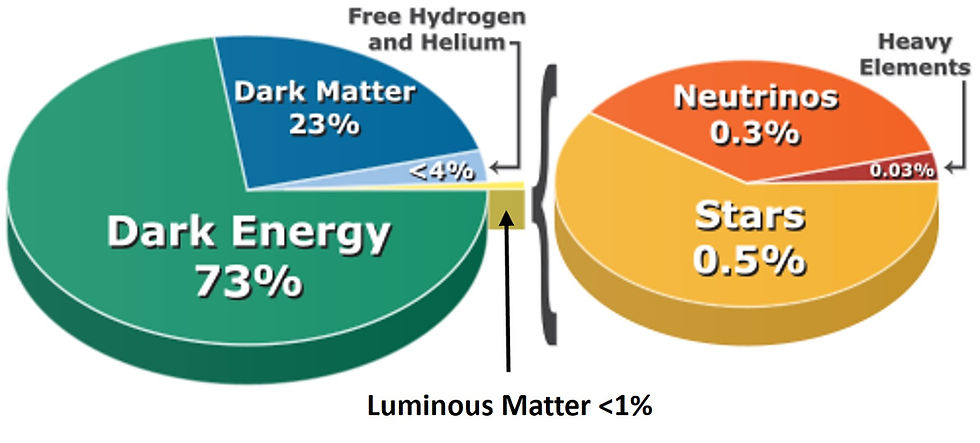Who Wrote the Psalms?
- stephenstrent7

- Aug 6, 2022
- 2 min read

David Composing the Psalms, Paris Psalter, 10th century
by Trent Dee Stephens, PhD, for the Come Follow Me lesson August 8-14; Psalms 1–2; 8; 19–33; 40; 46
According to the Bible Dictionary (churchofjesuschrist.org/study/scriptures/bd), “Seventy-three of the psalms are ascribed to David, and so it was natural that the whole collection should be referred to as his, and that this convenient way of speaking should give rise in time to the popular belief that ‘the sweet psalmist of Israel’ himself wrote all the so-called Psalms of David. Sacred psalmody is ascribed to him in general terms in 1 and 2 Chr., the accompanying instruments also being called ‘instruments of David,’ as in Neh. 12:36 and Amos 6:5. In some cases in which a psalm is ascribed to David in the Hebrew, it is certain that he could not have written it, and it has been concluded that the Hebrew titles are sometimes inaccurate.”
According to John Kselman, the psalms were composed over a period of at least five centuries. Most of them have connections to the Jerusalem Temple. The term is derived from the Greek psalmos, which comes from the Hebrew mizmor, meaning “songs to accompany stringed instrumental music” and exactly how they were used in temple worship is not clear.1 Jewish tradition holds that some of the psalms were written by Melchizedek, Abraham, Moses, Heman, Jeduthun (one of the three masters of music appointed by David: 1 Chr. 16:41, 42; 25:1-6), Asaph (a temple singing group or individual; psalms 50 and 73-83), the three sons of Korah (psalm 88 and others), and even Adam.2 Psalm 75 has the heading: “To the chief Musician, Al-taschith, A Psalm or Song of Asaph.” Psalm 88 has as its heading: “A Song or Psalm for the sons of Korah, to the chief Musician upon Mahalath Leannoth, Maschil of Heman the Ezrahite.” There are a variety of other headings on various psalms.
According to Abraham ben Meir Ibn Ezra, one of the most distinguished Jewish biblical commentators and philosophers of the Middle Ages, the final redaction of Psalms was made by the Men of the Great Assembly. This body, which may have been at times formal or at other times loosely related, included 120 scribes, sages, and prophets, during the time of the Babylonian captivity (beginning around 516 BCE) to the early Hellenistic period, beginning with Alexander the Great’s conquests (333–332 BCE). The Assembly may have included prophets such as Ezra, Haggai, Zechariah, Malachi, Daniel, Hananiah, Mishael, Azariah, Nehemiah, Mordechai and Zerubbabel. The early Great Assembly was sometimes designated as “Ezra and his court of law.”
Trent Dee Stephens, PhD
trentdeestephens.com
References
1. Kselman, John S., Psalms, In. Coogan, Michael David; Brettler, Marc Zvi; Newsom, Carol Ann (eds.). The New Oxford Annotated Bible with the Apocryphal/Deuterocanonical Books. Oxford University Press, 2007, google.com/books/edition/The_New_Oxford_Annotated_Bible_with_the/Nc-i_pQsiW8C?hl=en&gbpv=1&pg=PA775&printsec=frontcover
2. Simon, Uriel, Four Approaches to the Book of Psalms: from Saadiah Gaon to Abraham Ibn Ezra (ארבע גישות לספר תהלים) (in Hebrew). Ramat Gan: Bar-Ilan University, 1982
3. Maimonides' Introduction to his Mishnah Commentary (ed. Nehemiah Shmuel Rot), Jerusalem 2005, p. 59 (Hebrew)



Comments